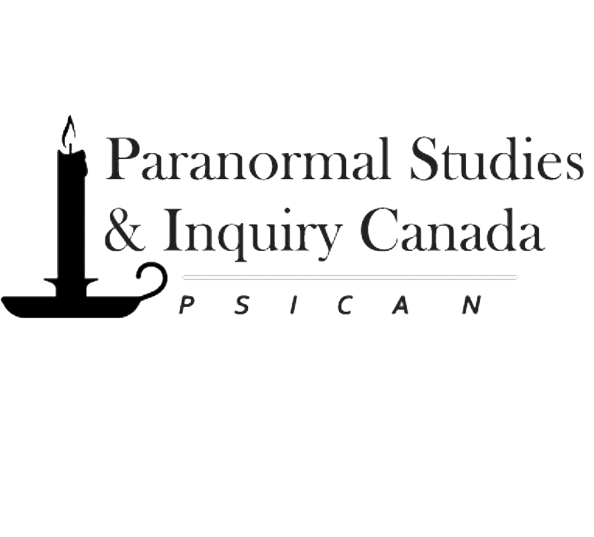Are flashlights illuminating new ways to communicate?
For the last few years many paranormal enthusiasts have been using flashlights in attempts to illicit yes/no responses at purportedly haunted locations. The experiment itself is usually conducted with a single flashlight but variations have included multiple flashlights of the same make and model. The flashlight is generally either unscrewed or the switch is pushed to a position where the flashlight is in an on/off state, making it extremely susceptible to being turned on/off. The flashlight is then placed in a stationary position at which point a series of closed ended or true and false questions are asked by observers. (Is anyone here, is your name bob?)
This experiment is comparable to other incarnations such as using the lights on an EMF detector in attempts to communicate.
In both methods it is often assumed that DPH (the Dead Person Hypothesis) or some other intelligence is capable of manipulating the equipment.
In this experiment, chance is the major fundamental flaw. The flashlight itself is on the threshold of being turned on (between the on/off states) which can allow for the contact strips in the flashlight to spontaneously make contact, resulting in the flashlight seemingly turning off and on of its own volition. Flashlights can demonstrate this behaviour naturally and intermittently after being tampered with in this way and the results can be easily repeated in locations that are not purported to be haunted.
Consider also, that simply asking the light to turn on/off will always yield a result, because there is only one answer. If the “off” state was established as a neutral or resting position, the flashlight would only be capable of making one answer (on) and vice versa.
Due to these caveats, there seems to be no simple model to verify that any alleged response is not the result of pure chance. In order for flashlight experiments to produce results that can be considered anomalous there needs to be some form of intelligent response elicited, other than on/off responses to true and false or simple closed ended questions. Even with seemingly great results the entire experiment would be questionable.
Other variables to consider might include:
- Humidity
- Vibrations from the environment (inside and outside), as well as from observers
- If the flashlight is in poor condition, or has had a lot of wear and tear, it may act in an uncharacteristic fashion
- Expansion and contraction that accompanies a flashlights cooling or heating process as it adjusts to room temperature.
Moving forward:
If the above caveats have been considered, and flashlight experiments are still thought to warrant further research, there are a number ways to make this experiment (a little) more objective.
Assuming DPH or some other form of intelligence were able to communicate via flashlight, the following suggestions might seem counterintuitive when trying to establish clear communication. The results however, are much more significant when the probability of chance is reduced.
Use multiple flashlights – Use multiple flashlights of the same model that are uniquely identifiable and give them an easy name (yes/no). Establish that responses should correspond with the flashlights name, and that off is the resting/neutral position.
Ask good questions – Instead of asking simple closed-ended questions, ask for specific responses to specific questions, and change the criteria multiple times for subsequent questions. (ie. If someone is here please turn the flashlight on 3 times? Can you make one or more flashlights turn on every time I say Tardis? What’s 7 – 4?)
Is it predictable? – If the flashlight is seemingly responding, does the flashlight continue turning on if questions are not being asked?
Ask the same questions – Ask the same questions multiple times to see if the flashlight responds consistently
References and Further Study –
http://thebentspoonmag.files.wordpress.com/2011/07/issue03.pdf
Author Justin Wiswell is one of the founding members of Maritime Paranormal a diverse group of individuals residing in the Maritime & Atlantic provinces who seek to debunk, corroborate, or validate personal experiences and/or second-hand accounts of paranormal activity.


